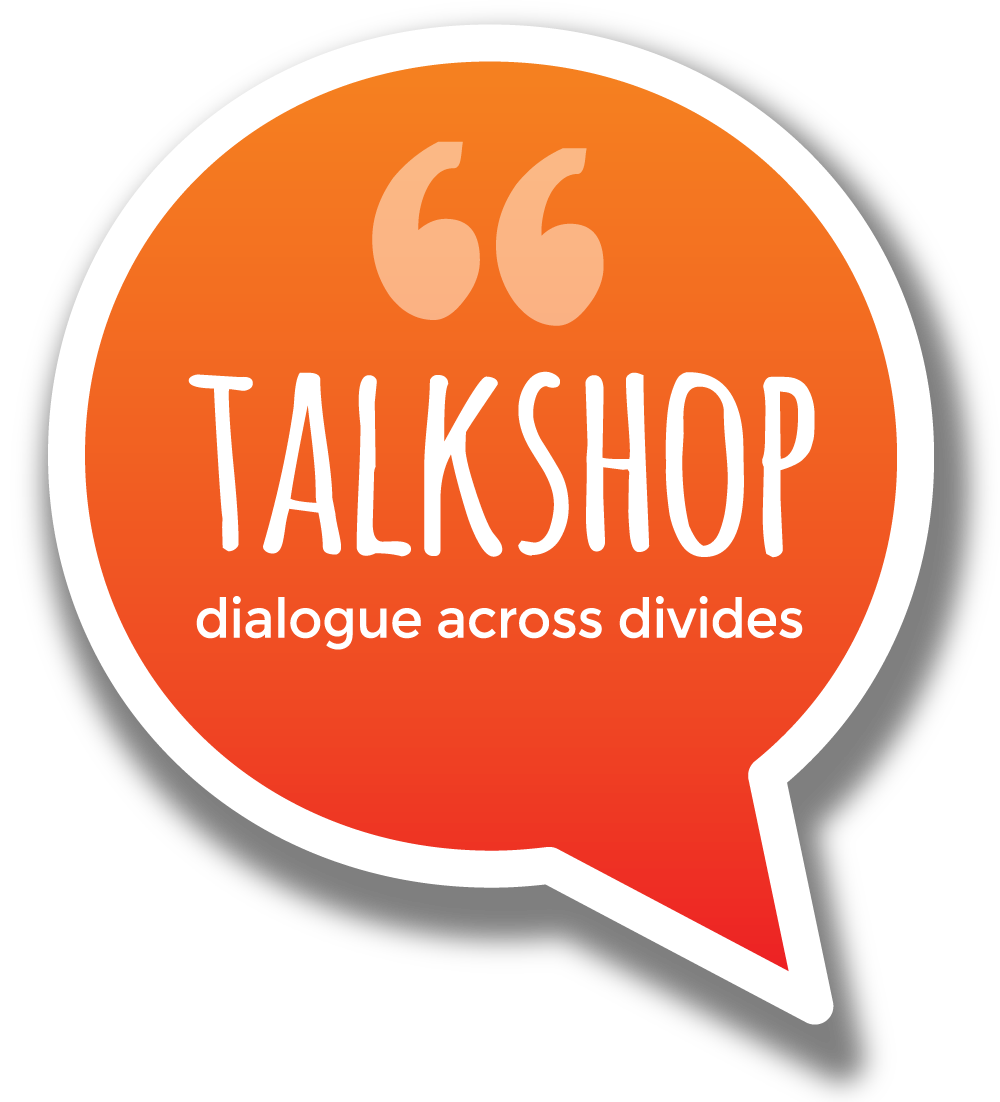In the local elections of May 2019, the Conservatives lost just over a quarter of all their councillors. In Herefordshire, where I live, they lost just over half. As a result, the Conservative administration has been replaced by a coalition of independents and two parties, the Green Party and It’s Our County, a party just for Herefordshire. The new administration sees the climate emergency as its main task.
Both factors – a new council and the climate emergency – provide the opportunity, as well as the need, for a new way of doing politics. I helped organise three events where we talked through how to do this. As a starting point, Talk Shop provided a deck of sixty cards, each with an idea that had been tried out, here or elsewhere. If not from A to Z, they did cover the ground from B to Z, from Burnley in Lancashire to the city of Zeguo in China.
At the first event, two ideas came well ahead of the rest in a straw poll:
- Parish People’s Assemblies in all 53 ward areas
- Website for residents to vote on key issues
At the second event, with different people, different ideas came up:
Improving the workings of the council
This could be done for example by making council meetings welcoming and fruitful and by ensuring that information is comprehensible to both councillors and the public.
This proposal was inspired by Porto Alegre, Brazil, which pioneered participatory budgeting. The city set up a Community Relations Department. This mobilises people to take part in the process of PB, supports the development of associations and facilitates regional budget forums. This mobilisation has brought about high rates of participation by poorer, less educated citizens and particularly by women.
De-politicising some issues
A blend of independent experts and people on the ground should come together to create a plan for each issue. The inspiration here came from Wisdom Councils in Vorarlberg, Austria. A Wisdom Council is similar to a citizens jury. It has become part of local governance in Vorarlberg. In 2015 for example, a Council was held on how to handle the influx of refugees. The results were presented to the wider public at two Civic Cafés. Then a Responder Group of stakeholders and agencies coordinated the actions that had emerged.
Empower people attending councillors’ surgeries
This idea came from social entrepreneur Hilary Cottam. Working with people attending MPs’ surgeries, she connected all the people with similar problems coming to each surgery, so that they could share their experiences, solve problems together, and support each other.
Assuring the well-being of future generations
in order to do this, young people and children, need to be deeply involved in the climate emergency. Each school could discuss the issues, and then representatives from each school could go to a young people’s council which would then meet councillor representatives
The third event reviewed all the suggestions so far, and came up with two priorities:
The council should take a theme every quarter, …
and use it as the basis for a series of meetings around the county. These would be hosted by local councillors, open to all, but with local influencers – especially young influencers – individually identified and invited.
Provide online ways for people to participate
In Reykavik, in Iceland, anyone can propose an improvement and vote on other proposals. The 15 most popular each month are passed to the council. In the first six years, 1,000 ideas were submitted and 200 adopted. 70,000 people out of a population of 170,000 have taken part. 170,000 is roughly the population of Herefordshire. It would be wonderful to have 70,000 people chipping in on how to achieve that 2030 target.
The deck of 60 cards – New Local Politics – that was the basis for these events can be downloaded here.
Perry Walker
